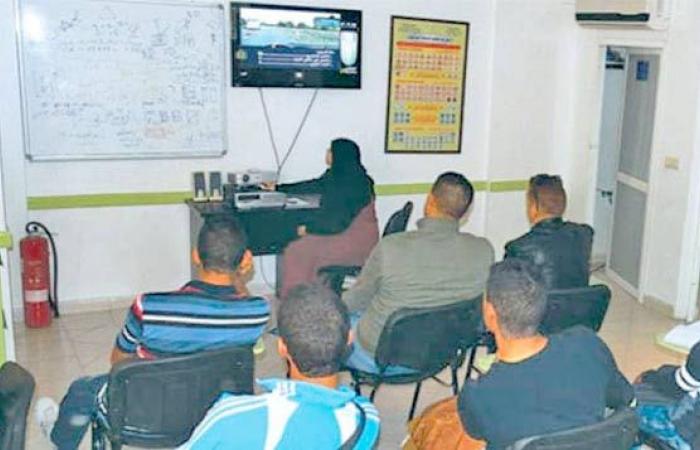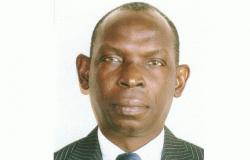In the world of administrative reform, there are decisions that go unnoticed and others that sow disorder. The one that today affects the Bank of Questions of the theoretical driving license examination undeniably belongs to the second category.
Behind what should have been a simple educational update is actually hiding a sloppy project, carried by hazardous methods and choices. The case, today brought to light by the National Observatory for Road Transport (Ontr), exposes the flaws of an evaluation system supposed to be the guarantor of safety on our roads.
The alert did not come from the street, but driving schools themselves. More and more trainers and candidates denounce an misunderstood reform, imposed without consultation, and whose perverse effects are already felt.
According to Ontr, the new questions introduced in the examination lack not only of clarity, but especially of consistency with national reality. Some of them, inspired by North European systems, introduce signaling and concepts totally disconnected from the Moroccan context. An aberration on the background, but also a devastation serious in article 2 of decree n ° 2.10.421, which requires the adaptation of content to local specificities. This legal violation immediately raises the question of the very legitimacy of this reform.
We must measure the extent of the imbalance here. Because this revision of the Bank of Questions is not only a lack of pedagogy; It reveals a worrying shift towards technocratic centralization of the decision -making process, to the detriment of actors in the field. Neither driving education professionals, nor users, nor road safety experts were consulted or informed of changes. The system, supposed to be based on the principles of transparency, consultation and educational progress, was taken hostage by a unilateral approach, cut off from the reality on the ground.
Legal analysis is just as relentless. No regulatory text was published to supervise this new version of the exam. In the absence of decrees specifying the criteria for selecting questions and educational validation standards, these modifications appear to be an excess of manifest power. It is the whole legal building of driving license training which is thus undermined. However, in a country where road safety is a major issue, the credibility of exams cannot be sacrificed on the altar of improvisation.
The human consequences are immediate. Since the entry into force of these new questions, failure rates have jumped, revealing not a drop in the level of candidates, but a break in the equity of the evaluation. young Moroccans, often from modest environments, are faced with blurred formulations, obscure references, medical and technical themes out of reach for an average candidate. Examination of the highway code, supposed to assess the basic reflexes and knowledge for safe conduct, becomes a conceptual, frustrating and unjust labyrinth.
The discomfort now extends to driving schools, caught off guard and forced to revise their methods urgently without having the tools to support this mutation. The trainers themselves struggle to answer their students’ questions. Doubt settles. And with him, a loss of confidence in the system.
Ontr’s reaction is up to the crisis. The observatory is not content to point the mistakes: it requires a complete – administrative, technical, but also financial investigation. It is not only a question of determining who made these decisions, but also to understand how and why they were validated without prior control. According to some testimonies, it would be a reform implemented in the precipitation, under the pressure of political or institutional agendas which has not taken the measure of the issues.
The proposed remedy is clear and reasonable: to suspend new questions, submit to a rigorous scientific revision, and finally associate professionals, pedagogues, and representatives of civil society in the process. It is not a corporatist requirement, but a democratic requirement. Road safety is a collective matter. And examination of the driving license, which is a pillar, cannot be built on exclusion, vagueness and verticality.
Beyond the immediate controversy, this crisis reveals a deeper evil. It questions our ability to reform without brutalizing, to modernize without betraying the principles of justice and efficiency. In a country where the roads still kill every day, where young people see in the license a key to social emancipation, it is imperative to rebuild a credible, coherent and human evaluation system.
The debate opened by Ontr is beneficial. He forces us to rethink the very meaning of the driving license examination: not as a bureaucratic obstacle, but rather as a rite of entry into responsible citizenship. Because on our roads, the error is not only human. It can also be institutional.
Mehdi Ouassat








